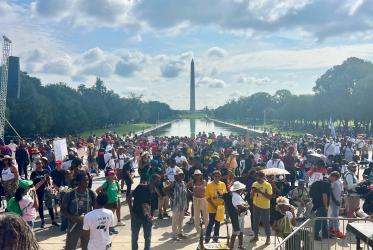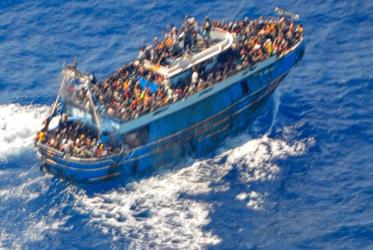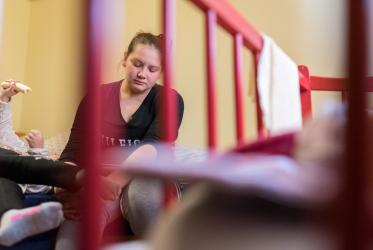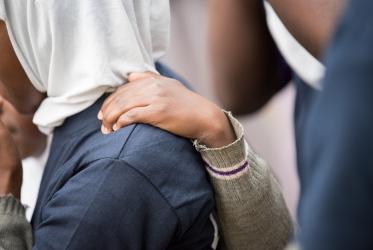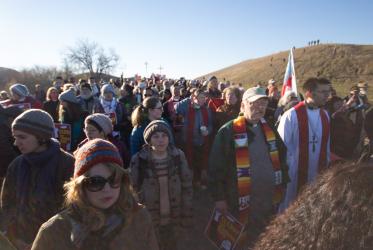Displaying 1 - 20 of 56
WCC Eco-School begins in Crete
15 November 2023
Ukraine: Responding to humanitarian need
08 September 2022
Scottish and UK religious leaders call for urgent climate action
20 September 2021
Rethinking Ecological Relationships in the Anthropocene era
11 - 13 February 2021
Churches should use their voice on climate change
26 February 2020
Plans for 11th WCC Assembly build excitement across the globe
18 February 2020



